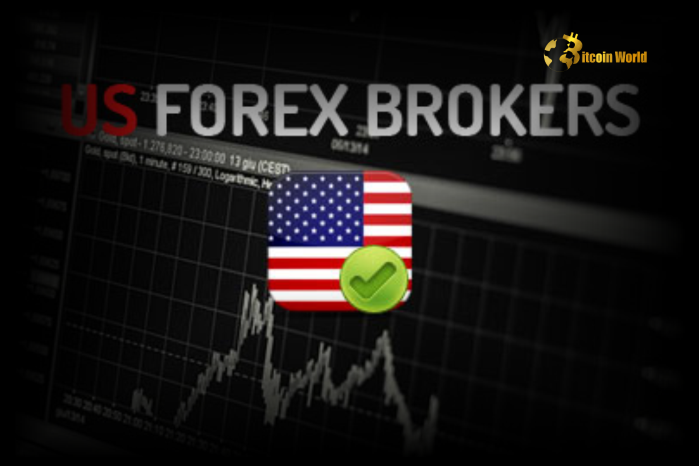How to Get Started with Forex Trading in the US
How to Get Started with Forex Trading in the US
Blog Article
Top Forex Strategies for American Traders
Foreign exchange, or Forex trading, draws an incredible number of players in the United Claims every year. Its large size and liquidity allow it to be one of the very attractive markets globally. But, forex in america. has a unique and rigid approach to regulating Forex activities. If you're seeking to industry currencies or simply just desire to understand how appropriate frameworks shape the Forex industry, understanding these rules is crucial.

Important Legitimate Frameworks Shaping Forex in the US
Forex regulation in the United States stands apart due to its thorough chance controls and customer protections. Two leading government bodies oversee many Forex actions:
• Commodity Futures Trading Commission (CFTC)
• National Futures Association (NFA)
The CFTC, developed in 1974, is assigned with regulating the futures and alternatives markets, international exchange included. The NFA, as a self-regulatory business, performs closely with the CFTC to enforce rules and keep fairness in trading practices.
Registration and Conformity
Every Forex vendor or broker employing U.S. residents should enroll with both CFTC and NFA. These entities will also be required to stick to demanding detailed criteria, including:
• Minimal internet money needs (often greater than in different countries)
• Ongoing audits
• Powerful anti-money laundering (AML) plans
• Translucent chance disclosure
Violations may cause substantial fines or a permanent ban from the market. This regulatory framework aims to stop fraud, protect investors, and improve industry integrity.
Significant Constraints on Forex Actions
Foundational protections affect how Forex operates in the U.S.:
• Influence limits: The NFA units a maximum power of 50:1 for significant currency sets and 20:1 for minors. That is much below many global areas, helping protect inexperienced traders from significant losses.
• Segregation of resources: U.S. legislation requires that customer resources are held split from broker operational funds. That calculate safeguards traders in the case a broker becomes insolvent.
• Marketing and disclosure: Firms should clearly explain risks, charges, and trading systems to clients. Misleading or intense solicitation methods experience strict penalties.
Enforcement and Penalties
U.S. agencies often check for fraudulent systems, insider trading, and illicit market manipulation. Mathematical knowledge from enforcement studies reveals a regular structure of penalties and settlements lately, displaying constant vigilance. This atmosphere, while stricter than most elements of the entire world, produces a better playing field for retail and institutional traders alike.
Things to Contemplate as a US Forex Trader
New tendencies reveal a continuous rise in regulatory measures, a focus on client training, and continuous upgrades to compliance requirements. If you intend to deal Forex in the U.S., it's necessary to:
• Validate a broker's active registration status
• Stay current with regulatory changes
• Review risk disclosures before generally making trades
This approach minimizes unforeseen losses and improves your prospects in a firmly governed but strong marketplace. By knowledge legitimate regulations, U.S. traders can confidently be involved in the Forex industry while remaining within the parameters of the law.
Report this page